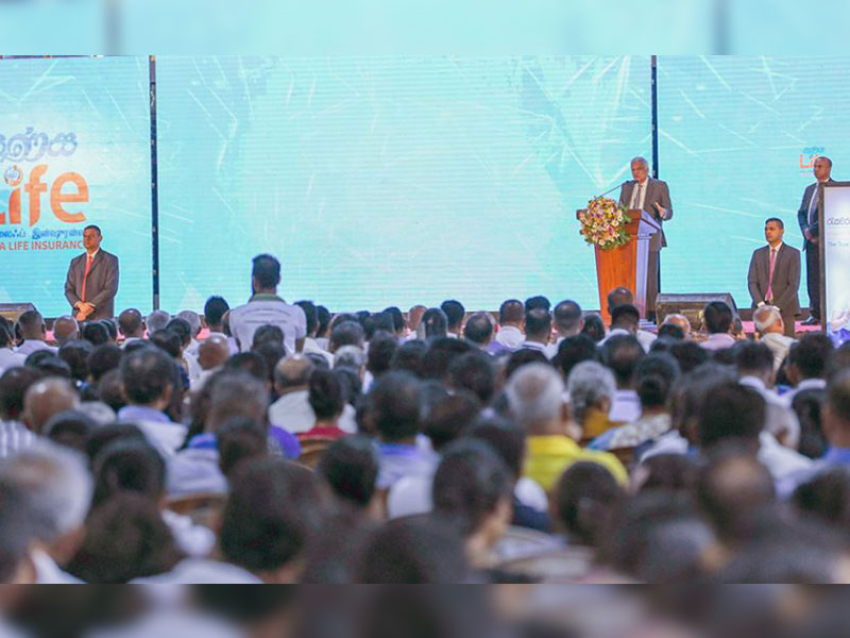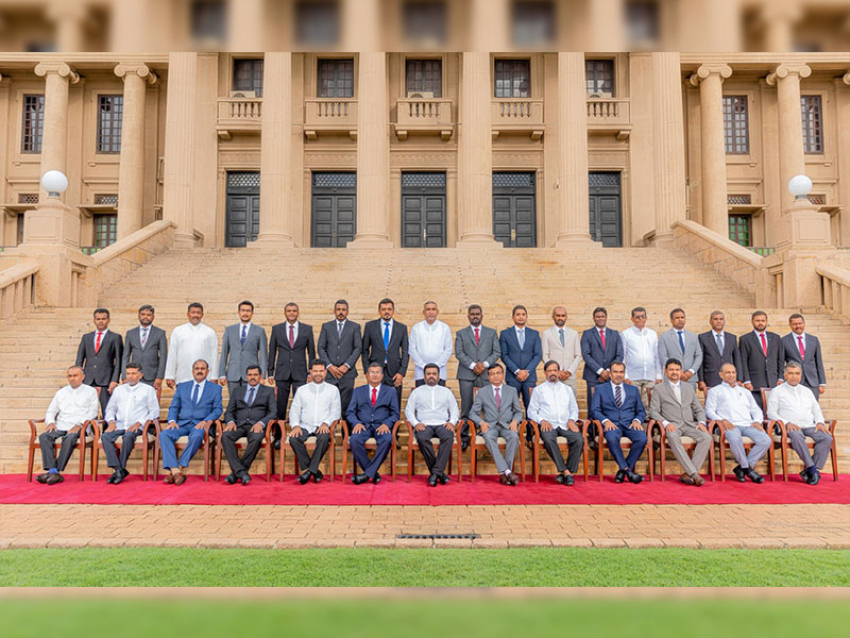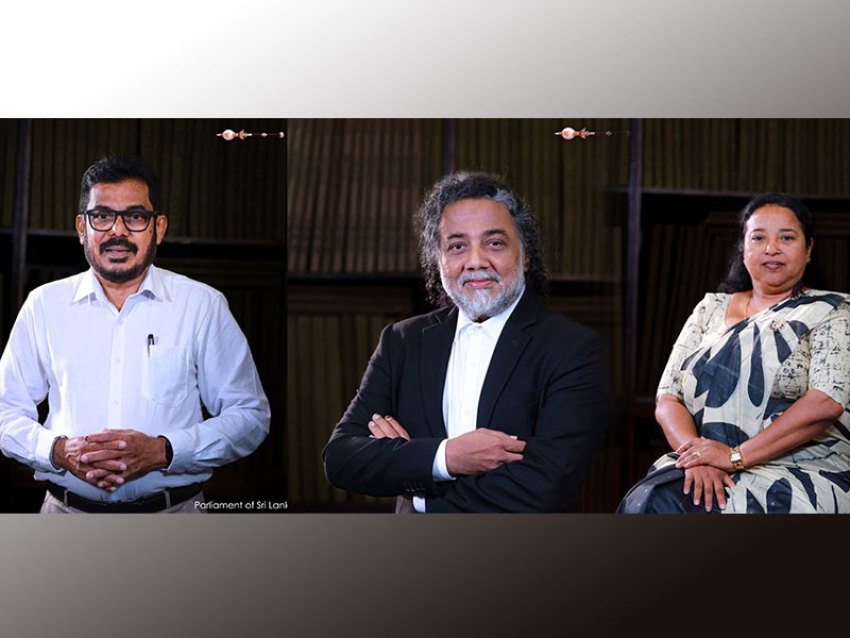President Ranil Wickremesinghe announced plans to establish a new investment company that will manage state assets, ensuring that the rights of the people are protected. He also stated that new laws would be introduced to support this initiative. Additionally, the President highlighted the potential for new investments that will generate assets and help create a structured retirement planning system.
These remarks were made during a ceremony in Colombo yeaterday (02), where the President participated in the launch of a new retirement insurance system for the elderly through the SANASA Movement. During the event, President Wickremesinghe also symbolically handed over six new insurance policies for senior citizens.
The President noted that he took control of the country during an economic collapse, made difficult decisions to rebuild it, and emphasized that without the people’s patience, Sri Lanka could have faced a fate similar to Bangladesh today.
Addressing the gathering President Ranil Wickremesinghe further elaborated;
The United National Party government, appointed in 1977, opened the country’s economy, prompting various groups to establish new institutions and businesses. It was during this time that Mr. P.A. Kirivandeniya initiated the SANASA Movement, leading to the constitutionalization of the program. The proposal for the equitable distribution of production and resources among all citizens, initially suggested by Dudley Senanayake and J.R. Jayewardene in 1962, was also incorporated into the constitution, encouraging organizations like the SANASA Movement to flourish and significantly contribute to the Sri Lankan economy.
In the 21st century, the economy expanded differently from the 20th century, with the rise of small businesses, particularly in the three-wheeler industry and the tourism sector. However, in 2022, Sri Lanka’s economy collapsed. I assumed leadership during this time of economic instability, and without the patience of the people, the country could have descended into chaos.
If people had taken to the streets to govern the country, Sri Lanka could have faced the same fate as Bangladesh today. Rebuilding the economy required making difficult and unpopular decisions, including necessary steps in consultation with the International Monetary Fund (IMF). At one point, buying a vehicle, a house, or modern appliances seemed like an unattainable dream for many. However, we have overcome those challenging times, and with the economy now stabilized, the people’s purchasing power has increased, which in turn is expected to fuel the growth of small businesses and attract investors.
We have also initiated a program to grant “rights” to the people, starting with the decision to issue freehold deeds to secure land rights. As part of this effort, two million freehold deeds are being distributed. Additionally, we have launched a program to provide Colombo urban flats to people free of charge, and plans are in place to create estate villages in the upcountry, offering each family a plot of seven perches. This process of transferring “rights” to the people is progressing rapidly.
Additionally, there is a focus on providing subsidized housing loans to low-income earners. Traditionally, the funds from the Employees’ Provident Fund (EPF) and Employees’ Trust Fund (ETF) were used to purchase bonds. However, under our current program, government spending has been reduced, and plans are in place to increase state revenues. As revenues grow, the need to use provident fund money for bond purchases will diminish. We are in discussions to redirect these funds towards investment opportunities, and we intend to consult with trade unions and employers on this matter.
There are also plans to establish a National Wealth Fund using government assets, similar to investment companies created by countries like Norway, Qatar, and Singapore, where profits from government revenues are used for public welfare. This initiative will help secure the “rights” of the people.
The SANASA Movement is already engaged in such a social investment program, and various service cooperative societies are also implementing similar methods. To support these efforts, new laws will be required, drawing inspiration from existing legislation in countries like Denmark and Sweden. These laws will also address investments and retirement plans.
Young entrepreneurs entering the new digital economy should explore opportunities in the entertainment industry. By modernizing agriculture and fishing, we can drive effective economic growth. However, before anything else, I want to emphasize that the SANASA Movement is a steadfast partner in this journey. It serves as a protective umbrella in the rain and a roof over your head. We are committed to continuing our support for this movement.
Founder and Chairman of SANASA Movement, Dr. P. A. Kiriwandeniya;
The SANASA Movement was launched in 1977 to help people adapt to the new economic wave of that era. It established a system that empowered small farmers and producers. At that time, the movement had around 84,000 members, and today, approximately 17% of Sri Lanka’s population are SANASA members. SANASA has now grown into an enterprise with significant income.
In addition, we introduced a credit insurance system for risk management and started an insurance company. As the aging population in the country continues to grow, we have also introduced a new insurance system tailored for them, which is vital for the future. This program incorporates new technology, and it’s noteworthy that the premium for this elderly insurance starts as low as Rs. 10. We are confident that this insurance system will continue to grow robustly.
State Ministers Ranjith Siyambalapitiya, Lasantha Alagiyawanna, SANASA Life Insurance Company PLC Chief Executive Officer Ivan Nicholas and Members of the SANASA General Association were also present at the event.




















